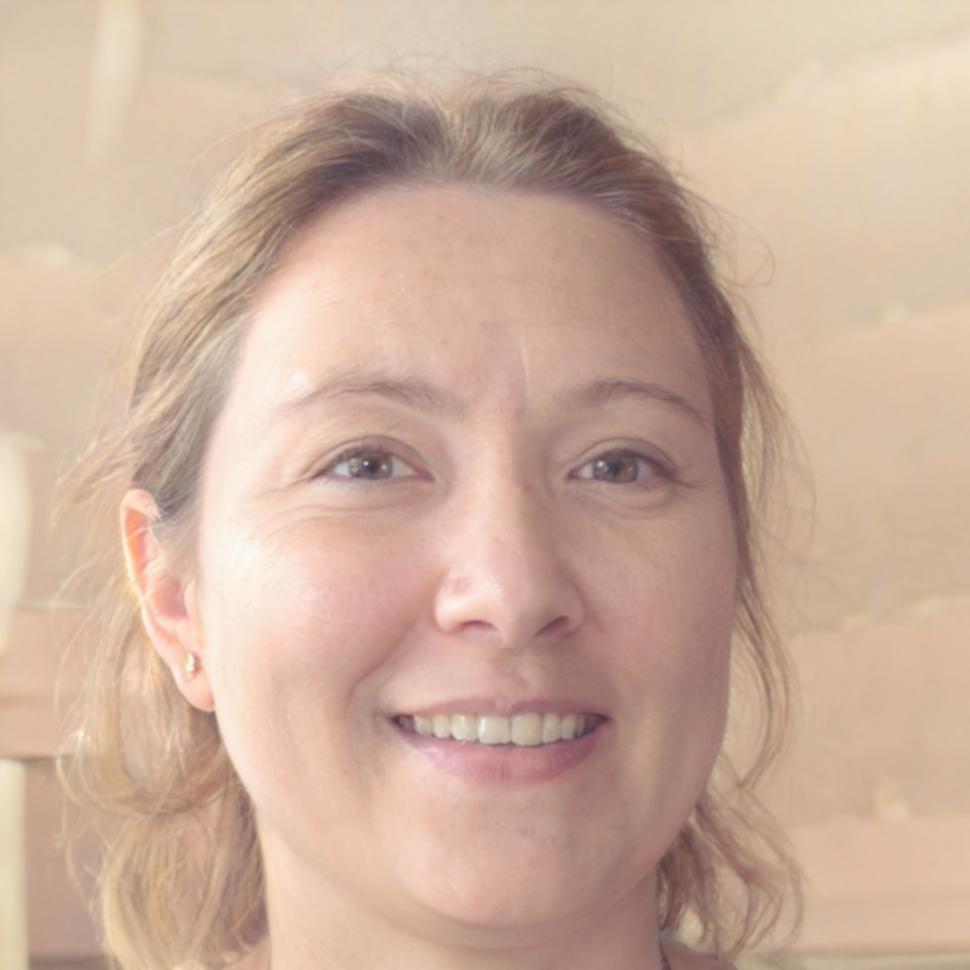Our Beginning
Back in 2016, three of us were
working at different gaming studios around Manchester and London. We
kept running into the same problem – brilliant graduates who knew
theory but struggled with the practical side of game development. The
gap between what universities taught and what the industry actually
needed was huge.
After one particularly
frustrating recruitment cycle where we couldn't find developers who
understood social casino mechanics, we decided to do something about
it. We started small – weekend workshops in a rented space in
Southampton, teaching the specific skills we wished our new hires
already had.
Those workshops grew into
something bigger than we expected. By 2018, we'd formalized into
Tumulus, focusing specifically on social casino game development
because that's where we saw the biggest skills shortage.




